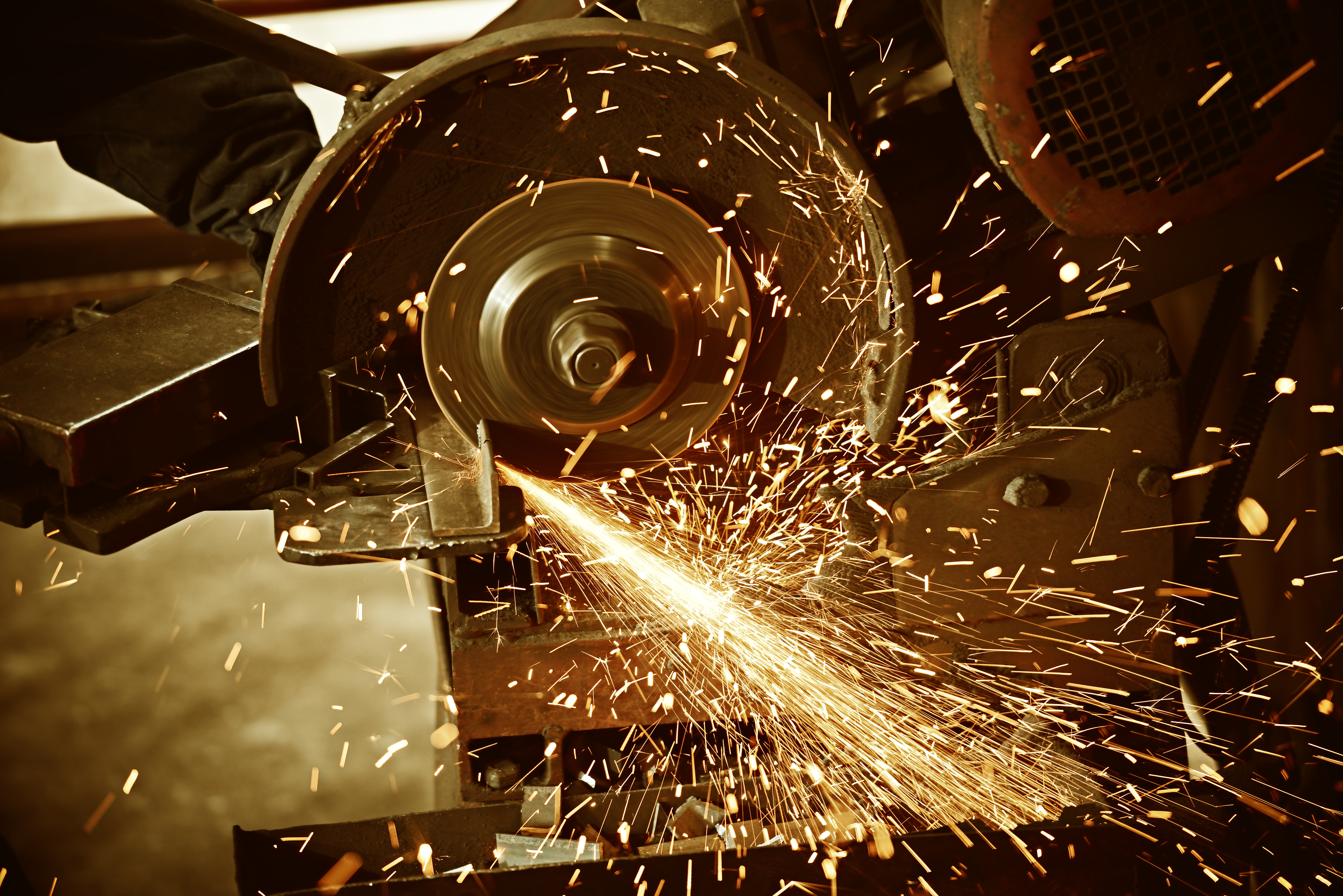With the advent of the industrial revolution, work became about the machine. Human ants moved around servicing the machine, running the machine, adjusting the machine. The machine was a god.
I am sure Henry Ford smiled with admiration having once asked,
“Why is it when I ask for a pair of hands
do they come with a brain attached?”
What launched us forward and created progress also began the dehumanization of work.
Did they get you to trade
Your heroes for ghosts?
Hot ashes for trees?
Hot air for a cool breeze?
Cold comfort for change?
And did you exchange
A walk-on part in a war
For a lead role in a cage?
Welcome to the Machine – Pink Floyd
When we later moved into offices and cubicles as part of the Corporation Revolution, we organized work around the new machine.
As businesses grew larger, new bureaucratic hierarchies were necessary. A business’ success increasingly depended on central coordination. To address this challenge, businesses created formal administrative structures, such as purchasing and accounting departments. Various levels of managers were established, clear lines of authority were devised, and formal rules were created to govern the company’s operations. The managerial revolution helped to create a “new” middle class. Unlike the older middle class, which consisted of farmers, shopkeepers, and independent professionals, the new middle class was made up of white-collar employees of corporations.
http://www.digitalhistory.uh.edu/disp_textbook.cfm?smtid=2&psid=3166
Organizations were born with all of the benefits and challenges. Work was largely reduced to drawing a paycheck. Harnessing the human will and nurturing the human spirit didn’t take a backseat, they were placed in the trunk and told to be quiet – “After all, we are paying you right”?
With work being about a paycheck, many people “checked” out. I wrote in my article “When the Shift Hits the Fan” about the devastating impact this had on things like Employee Engagement and people loving their job, so I won’t reiterate it here.
When one gear or part of a machine breaks or doesn’t function properly, the whole machine comes grinding to a halt or becomes clunky and ineffective. In the Corporate machine, it means if a key person is out sick, or a department is slow to respond, or there is an internal conflict the whole thing begins to drag creating tremendous amounts of friction.
Organizations today are rife with just such friction.
A perfect example of this is the response to the massive abuses at Enron. In response to this blatant lying, cheating, deceiving, and more, we addressed it from a machine perspective rather than an ethics perspective. Sarbanes Oxley was born, which has unleashed massive bureaucracy on an already sluggish system.
organisms respond in the opposite manner. When there is a threat, challenge, breakdown or illness in an organism, the organism responds en masse to address the issue, make repairs, show support, and restore it to health and vitality.
The future of work lies in abandoning the machine with malice and creating human-centric organisms.
In an organization, the people serve the machine.
In an organism, the organism serves the individual parts, which in turn benefit the whole.
In an organization, people are expendable and replaceable.
In an organism, people are vital to the success of the organism as a whole.
In an organization, people are cogs in a wheel and treated accordingly.
In an organism, people are valued, nurtured, challenged, inspired, and expected to be fully involved and engaged.
We created the Global Company Culture Association to put the right people, awesome tools and resources, incredible insights from research and data together to drive an Evolution at Work.
Together we can turn the vast wasteland present in most Organizations into a beautiful garden of wonders, a living breathing Organism.
Won’t you join us?


